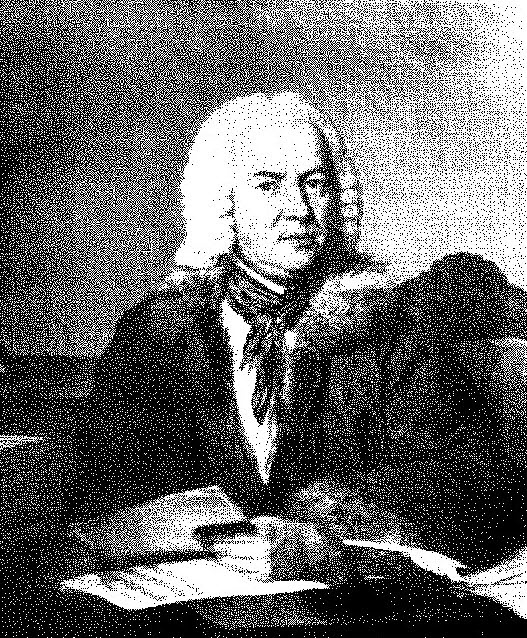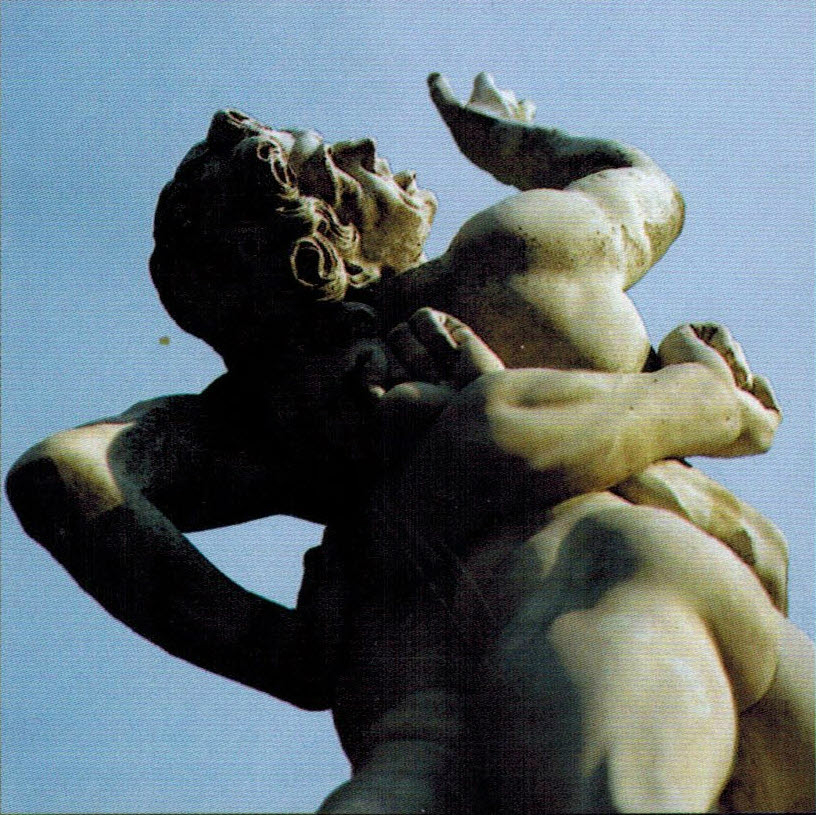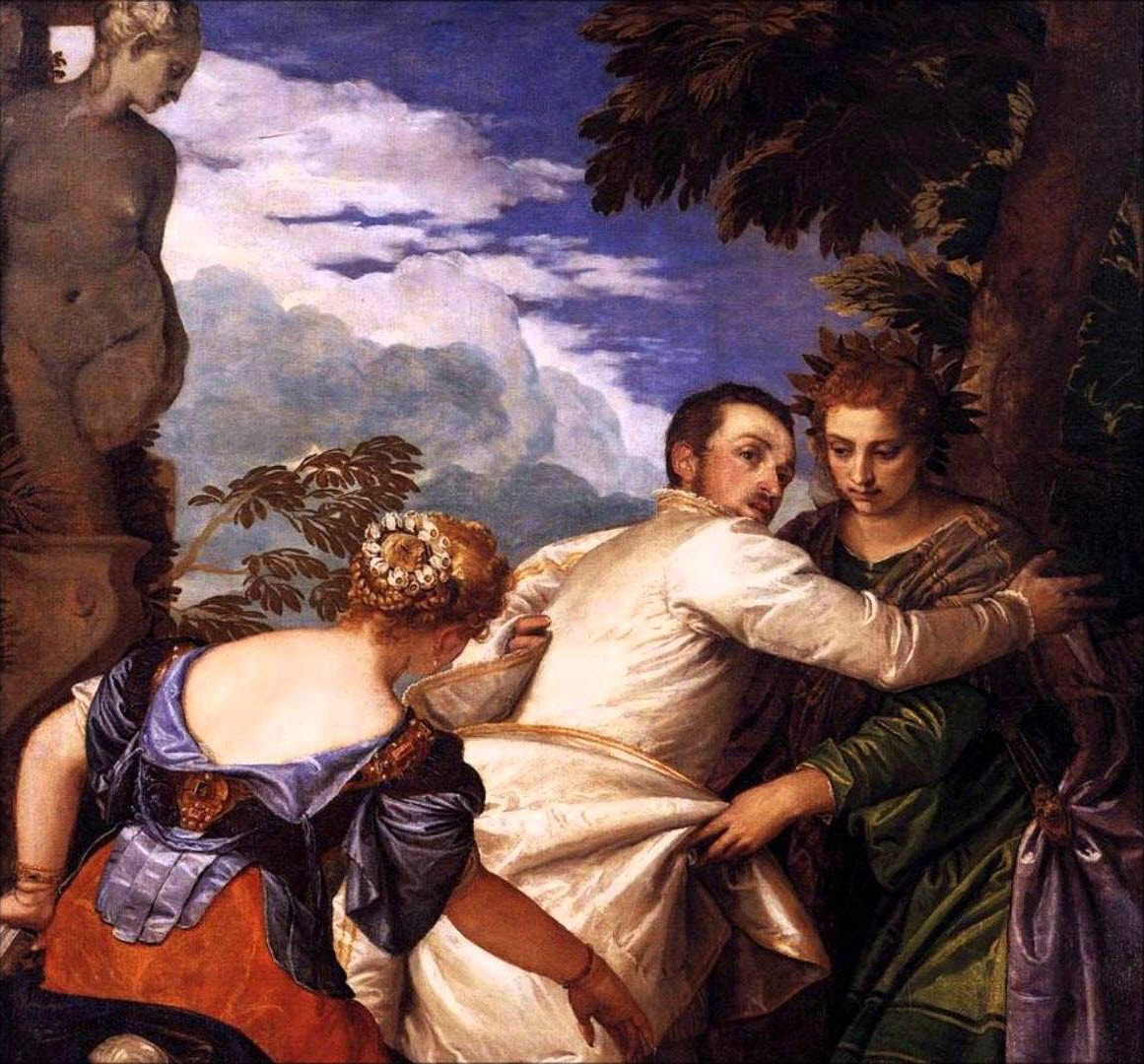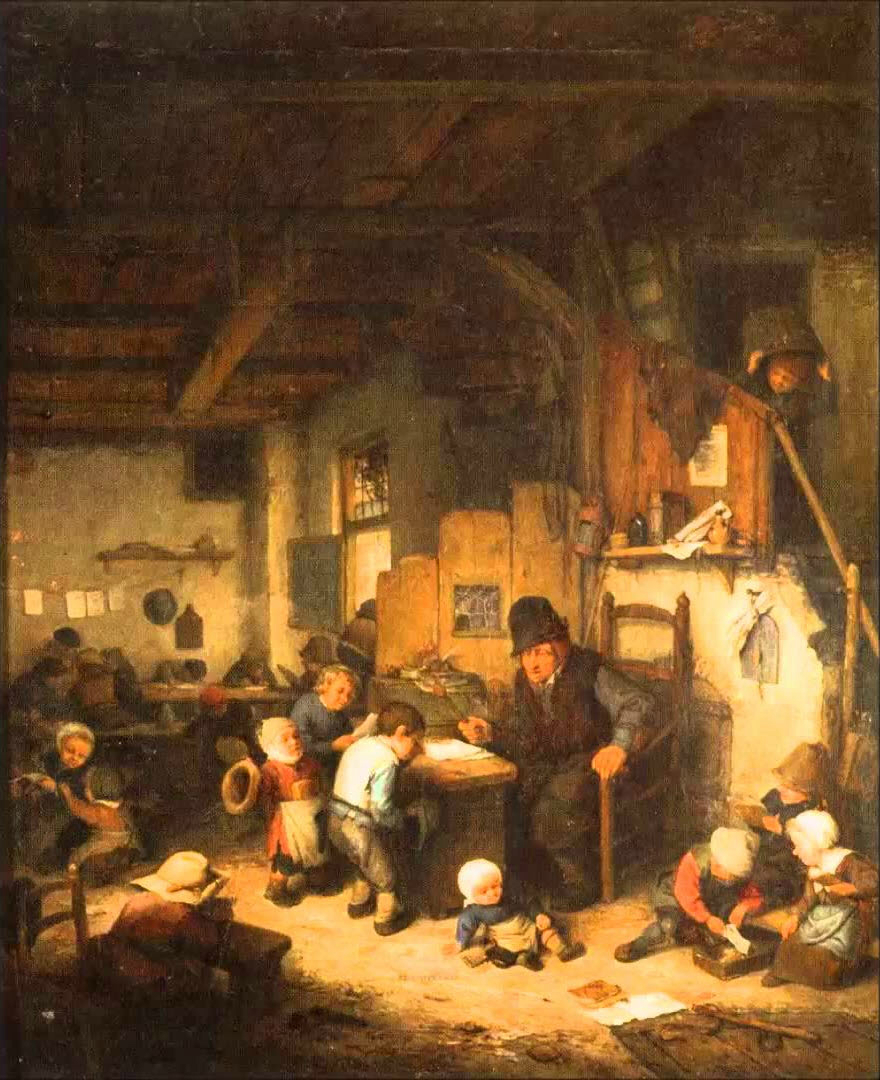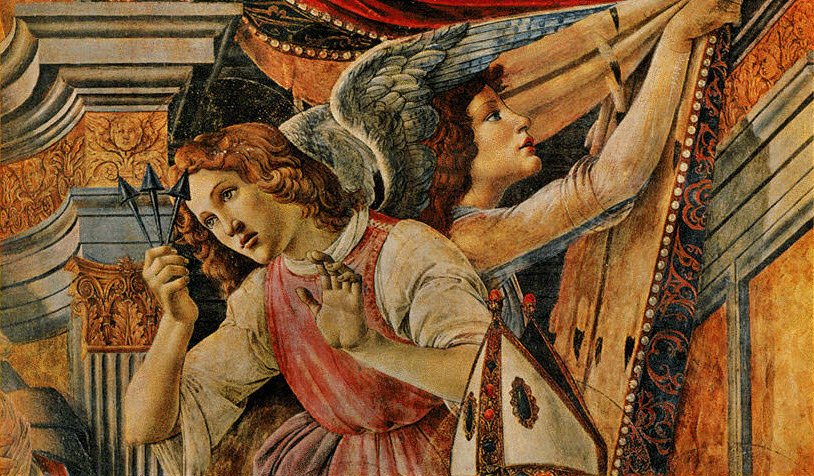바흐: 세속 칸타타, 우리로 하여금 지키게 하라 (기로에 선 헤라클레스), BWV 213 - Masaaki Suzuki (2015 BIS Records)
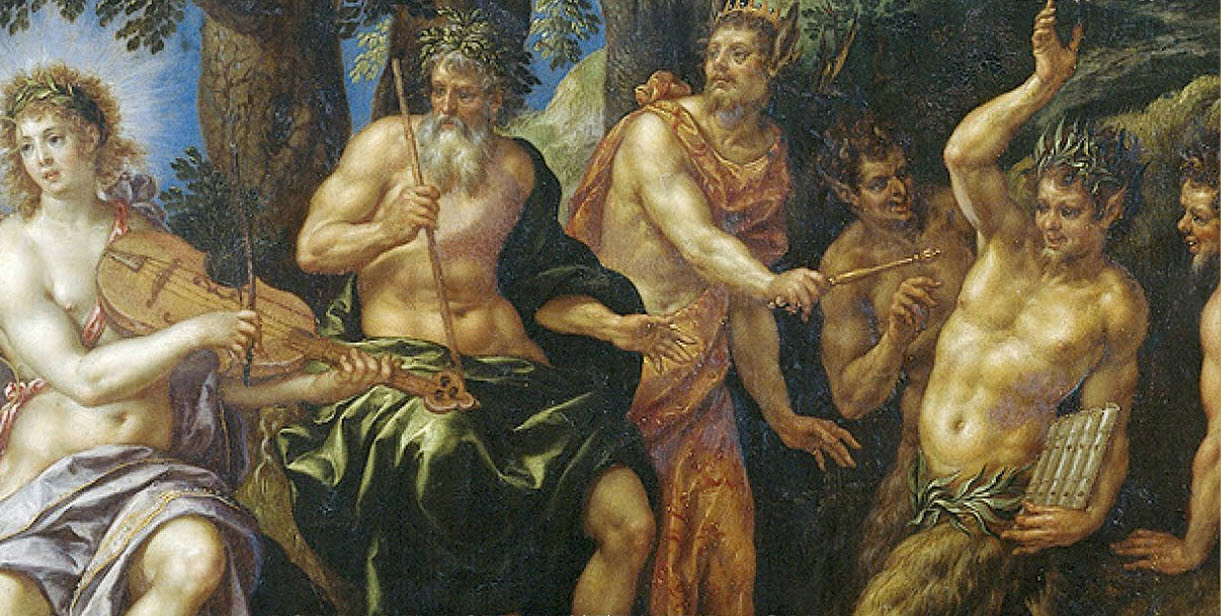
Album Title: Bach: Secular Cantatas, Vol. 5: Birthday Cantatas
1. Cantata, Laßt uns sorgen, laßt uns wachen (Herkules auf dem Scheidewege), BWV 213 (47:12) 바흐: 우리로 하여금 지키게 하라, (기로에선 헤라클레스). BWV 213
Album Review Continuing their exploration of Bach’s vocal music, Bach Collegium Japan and Masaaki Suzuki have now reached the fifth volume of secular cantatas, with the previous instalment being ‘urgently recommended’ by the reviewer in Fanfare, and its contents described as ‘unusually colourful and vivid performances, even by the standards so far set by Suzuki’s Collegium Japan’ (International Record Review). Both cantatas on the present disc were first performed in 1733 by Bach and his Collegium Musicum at public concerts in Leipzig. They were also part of what almost appears to have been a campaign by Bach to be appointed Court Composer by the Saxon Prince-Elector Friedrich August II, something which took place three years later. Lasst uns sorgen, lasst uns wachen, BWV 213, also known as Hercules at the crossroads, was composed for the 11th birthday of the Prince-Elector’s oldest son, and Tönet, ihr Pauken! Erschallet, Trompeten! BWV 214 in a similar manner celebrated the birthday two months later of his wife, Maria Josepha of Saxony. Both works are so-called ’dramma per musica’, in which the vocal soloists are embodying dramatic characters – in the present cantatas these are taken from Greek mythology. Needless to say, Bach rose to the festive occasions, deploying trumpets and timpani (as implied in the title of BWV 214) and horns (in BWV 213) to great effect. A year later, he would reuse much of the music from the two cantatas in a similarly jubilant but otherwise quite different context – admirers of the Christmas Oratorio will for instance recognize the opening chorus of that work (Jauchzet, frohlocket) in the first movement of BWV 214 as well as the celebrated alto aria Bereite dich, Zion as an artfully transformed version of Hercules brusque rejection of Wohlust (Lust) in the ninth movement of BWV 213.

|
